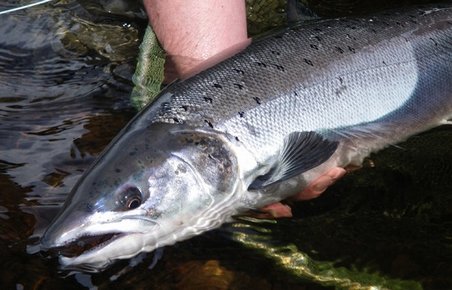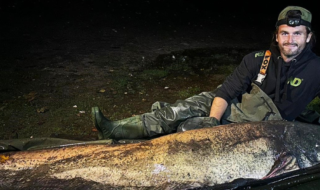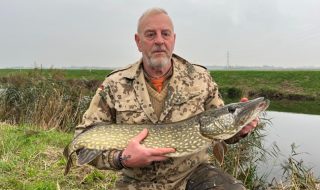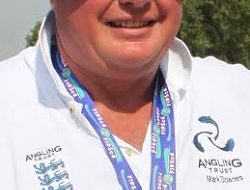The Angling Trust has accepted the need for compulsory catch and release of salmon angling for the Severn Estuary, River Severn and its tributaries.
With the introduction of a new byelaw, now approved by ministers, anglers will have to ensure “any salmon that has been taken by rod and line to be returned immediately to the river at the point of capture with least possible injury”.
The byelaw, entitled ‘Severn Estuary and River Severn Salmon and Sea Trout Protection Byelaws 2021 and Environment Agency (Limitation Of Severn Estuary Lave Net Fishing Licences In England) Order 2021′ will be in force for 10 years from the date it was approved.
The Angling Trust is disappointed that the Environment Agency has chosen to stick with it’s original proposal to restrict certain fishing methods for rod and line angling. These include the following restrictions:
• No fishing for salmon and sea trout unless using an artificial lure fitted with a single barbless or de-barbed hook with a gape no greater than 13mm.
• No fishing for salmon and sea trout with rod line by means of any bait (worms, prawns and shrimp).
• No fishing with artificial fly unless furnished with a single barbless or de-barbed hook with a maximum gape of 13mm OR a single barbless or de-barbed treble or double hook with the maximum hook gape of any treble or double hook(s) being no greater than 7 millimetres.
Our view is these restrictions are overly draconian, will not effectively address the problem of falling numbers of salmon and sea tout and could prove to be counter productive. We remain of the view that a voluntary approach, working with anglers and clubs would have been a more effective way of managing salmon and sea trout angling. Anglers are the eyes and ears and by engaging with anglers’ views and local practices, the EA could have mitigated the risk of illegal poaching which we fear will become a reality with less anglers on the bank acting as a deterrent.
These restrictions on the angling community are not mirrored on those that are the cause of the decline of salmon and sea trout in our rivers – agricultural pollution, combined sewage overflows, urban pollution, barriers to fish movements are all the fundamental reasons for the decline of our salmon stocks. Instead of bringing in tough regulations to solve these issues over the years, ministers are too easily swayed to sign regulations that impact on angling. Similarly, at the stroke of a pen, they could regulate those causing pollution.
Mark Owen, Head of Fisheries at the Angling Trust, said:
“We fully accept that salmon and sea trout numbers in the Severn system are currently below their conservation limits. This is of grave concern to anglers. Atlantic Salmon numbers are crashing across their range. We are actively working to reverse this decline, which is why we are founding members of the Missing Salmon Alliance.
“It is unfortunate, however, that ministers have chosen to restrict fishing methods in the way they have. This seems to be blaming anglers for the problem of falling salmon and sea trout numbers. If we have to accept this, we want to see a lot more effort put into the real causes of decline; poor water quality, pollution, barriers to migration, predation, and loss of habitat.”






